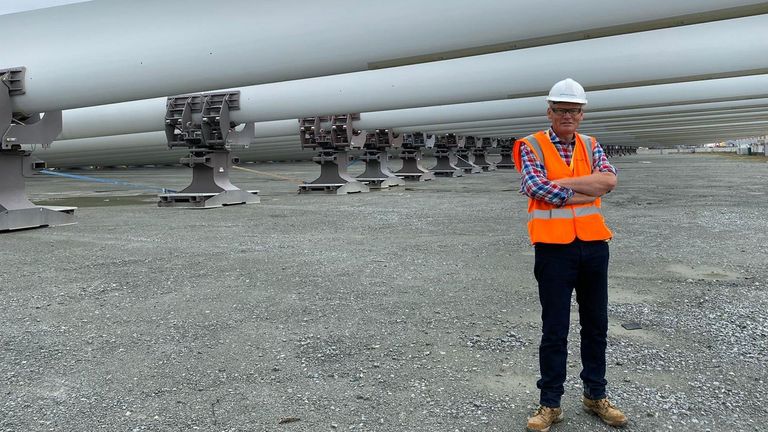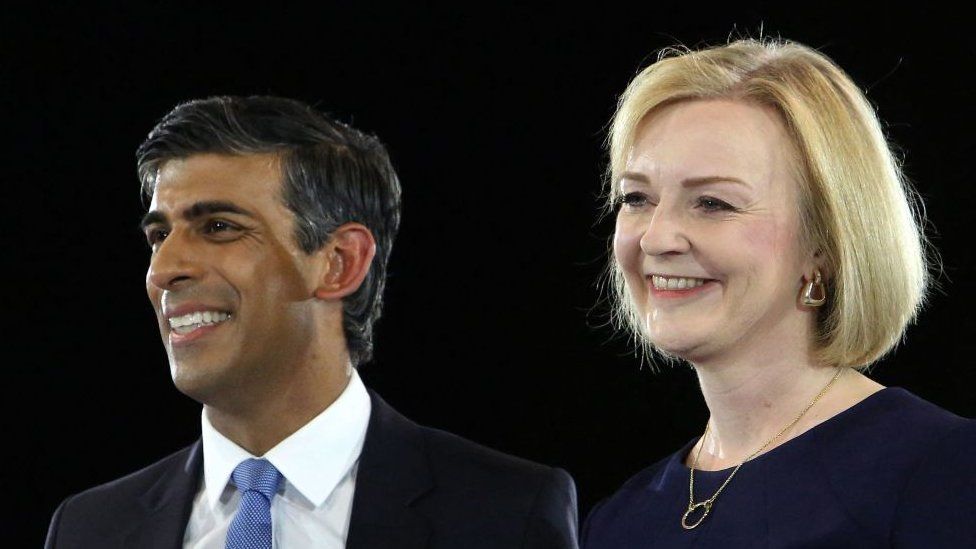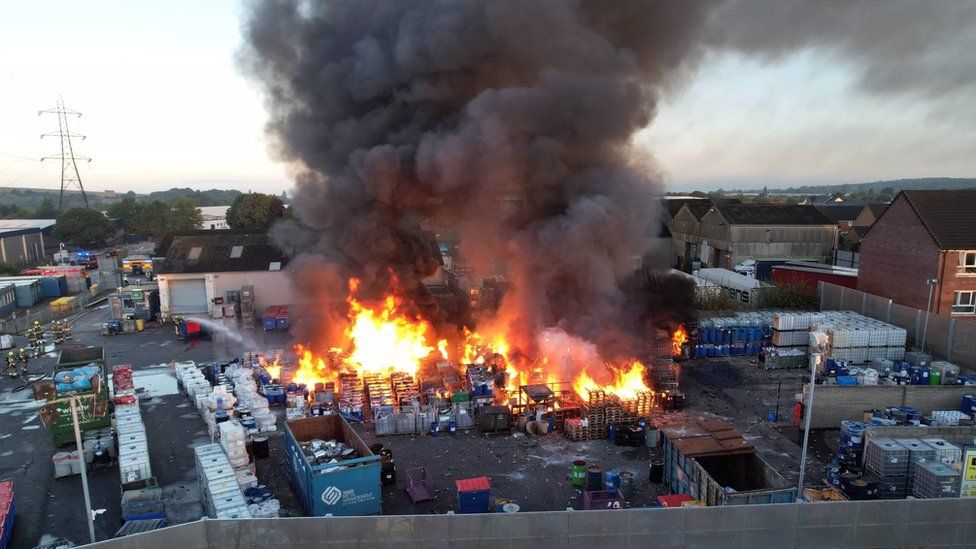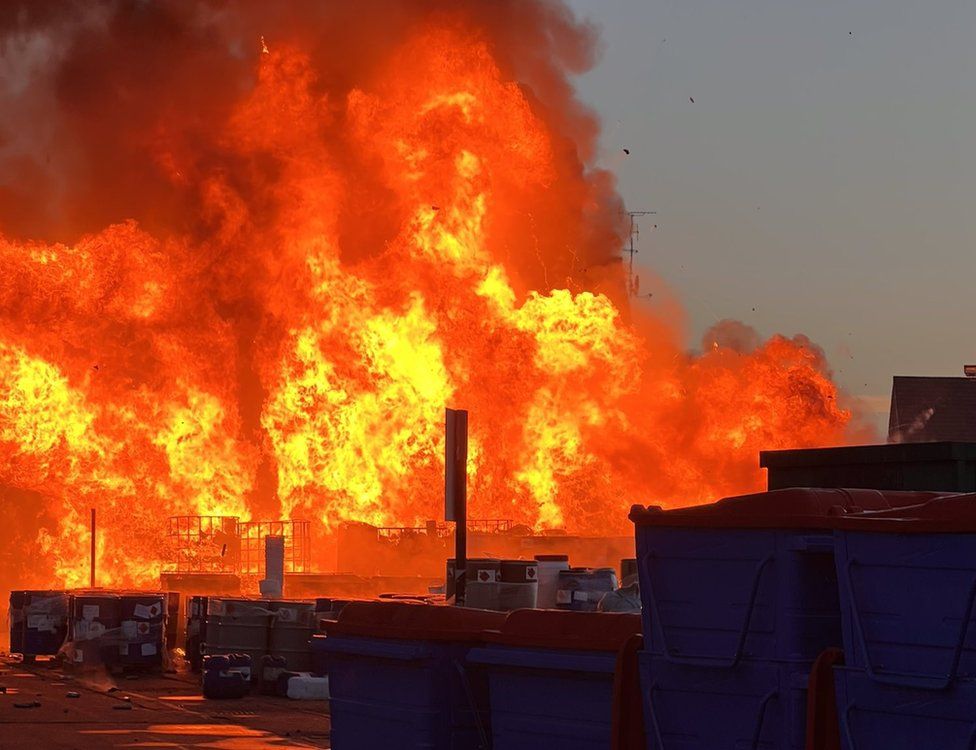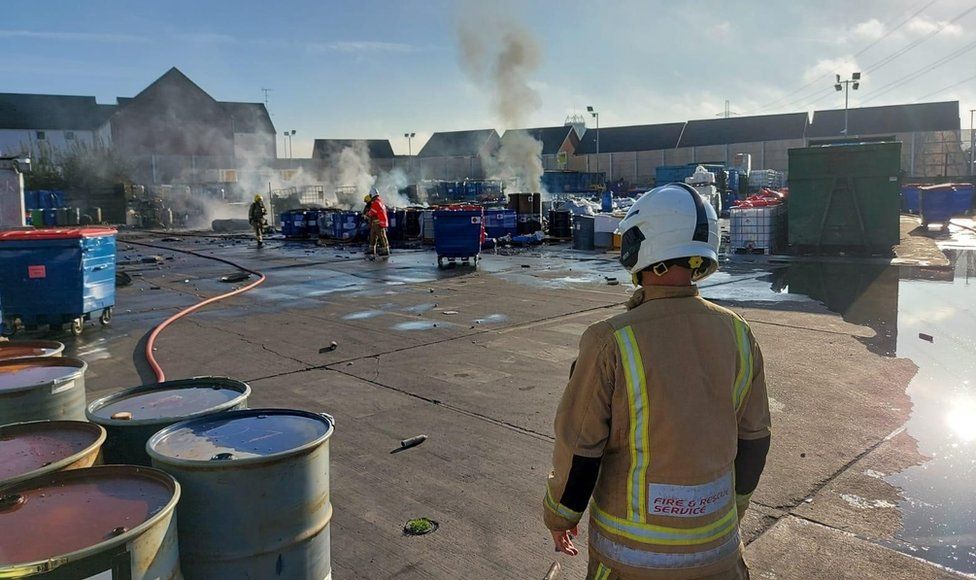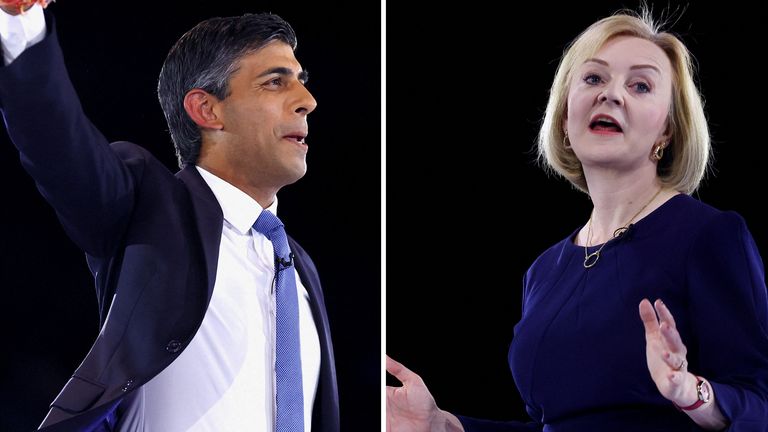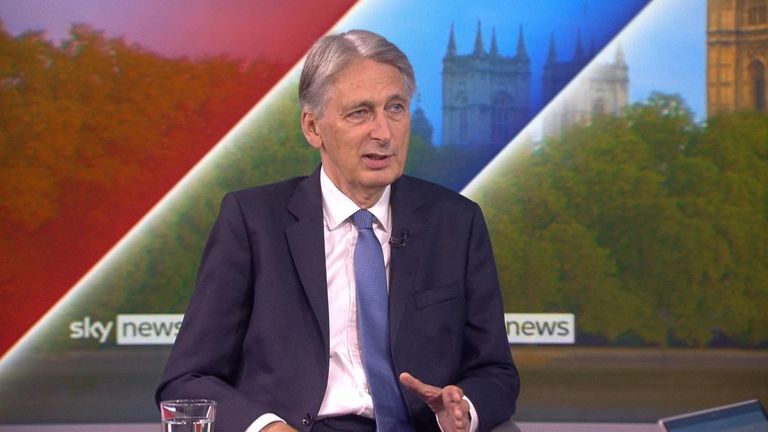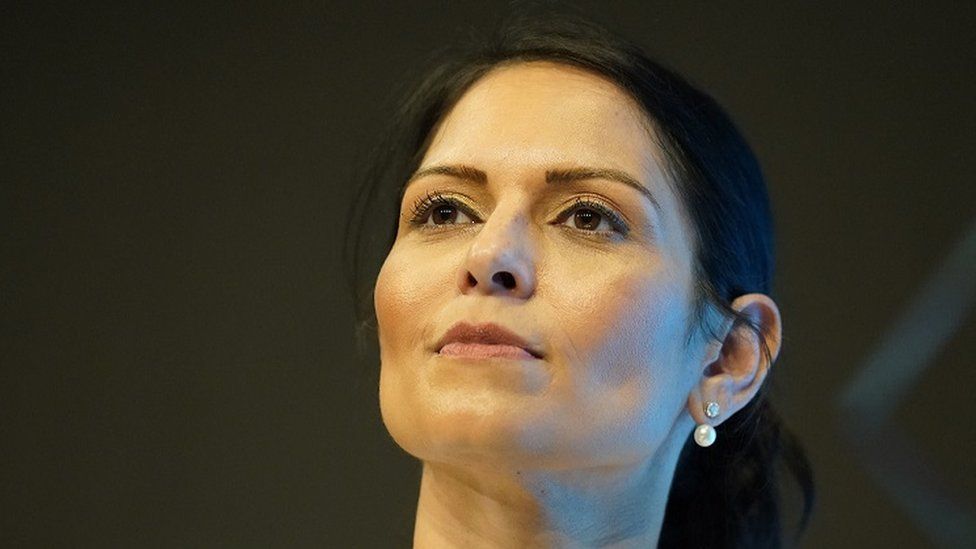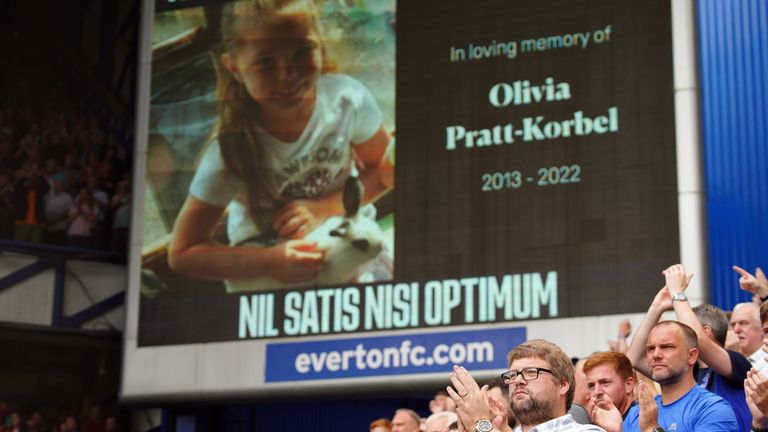Liz Truss has taken office as Britain’s new prime minister and will on Tuesday finalise a package that could cost more than £100bn to address the UK’s energy crisis and protect households and business.
The emergency measures, which will lead to a sharp increase in government borrowing, are the priority for the new administration. Truss was appointed by Queen Elizabeth at the monarch’s Balmoral estate in Scotland on Tuesday after beating her rival Rishi Sunak for the Conservative party leadership.
Her plan would involve capping household energy bills at around £2,500 for the next two winters. This is larger than the current cap of £1,971 although consumers will also receive a previously announced one-off payment of £400 to help offset price rises.
The Truss plan will shield households from surging gas and electricity prices. The cap had previously been scheduled to leap to £3,549 next month with a projected increase to above £6,000 in 2023.
Truss’s plan for households is mooted to cost about £90bn and would be funded by government borrowing, rather than as taxpayer-backed loans to energy companies to be recouped through higher bills over 10 to 20 years.
Truss’s team is still finalising separate measures to protect businesses from potential ruin. “That’s the part of the package that’s most fluid,” said one person close to the discussions.
The business element, which is being drawn up by Jacob Rees-Mogg, expected to be the new business secretary, could add tens of billions of pounds to the final bill. “It will be extraordinarily huge,” said one ally of the new prime minister.
Truss, a small-state, low-tax Conservative by instinct, will thus make her first act in Downing Street a massive state intervention in the energy market.
The new prime minister’s team has taken the view that since governments can borrow more cheaply than energy companies, the energy rescue package should be treated as government debt.
“If it was done as loans the whole thing would have been more expensive and you’d have had to start explaining how the loans would be repaid, by whom and over what timescale,” said one person briefed on the plan.
Allies of Truss noted that the precise cost of the scheme was dependent on the movement of wholesale gas prices in the next 18 months, with the taxpayer exposed to big further increases.
Under the plans, the government would subsidise the wholesale cost of gas, allowing suppliers to cap the price of energy to households and businesses.
One senior official confirmed that Truss’s team was drawing up the plans ahead of a potential announcement on Thursday: “There will be a cap, freeze or guarantee on the wholesale gas market,” he said.
Truss will address the nation as PM for the first time in a speech from Downing Street at about 4pm, after which she will begin to name her cabinet.
The rescue package will be a huge challenge for Britain’s straitened public finances and for Kwasi Kwarteng, who is expected to be named chancellor, since Truss has also promised tens of billions of pounds of tax cuts.
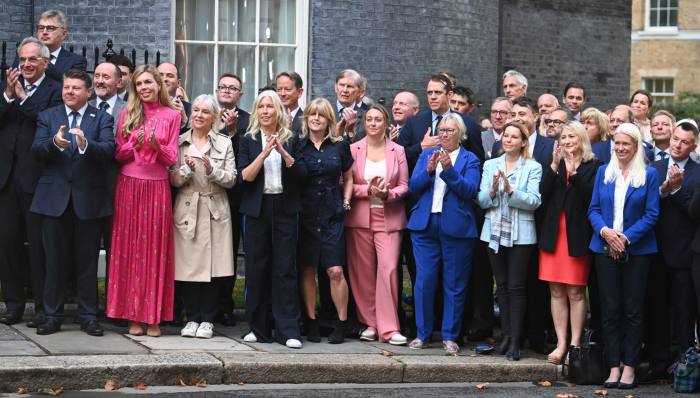
Ahead of the transition of power, outgoing prime minister Boris Johnson gave a defiant speech outside Downing Street, reeling off a list of his administration’s achievements. But he promised to give his wholehearted support to the new Truss administration.
“I’m like one of those booster rockets that has fulfilled its function and I will be gently re-entering the atmosphere and splashing down invisibly in some remote, obscure corner of the Pacific,” he said.
“Like Cincinnatus, I am returning to my plough and will be offering this government nothing but the most fervent support.”
Some historians believe that Cincinnatus — despite his famous plough quote — later made a comeback as ruler, a fact that classics graduate Johnson will have been aware of.
Johnson did not dwell on the host of complex dilemmas facing his successor, which range from soaring inflation and an expected recession to a wave of strikes, or his own personal conduct as prime minister.
Instead, he chose to focus on positive points, saying that private sector investment was “flooding in” and unemployment was at its lowest level for half a century. “We got this economy moving again, despite the opposition and the naysayers.”
He declared he had left the economy strong enough to enable the new administration to give people “the cash they need” to get through the energy crisis.
“If Putin thinks he can succeed by bullying or blackmailing the British people, he is utterly deluded,” added Johnson.
He said his government had “got Brexit done”, carried out the fastest Covid-19 vaccine rollout in Europe, started work on high-speed rail lines and delivered early supplies of weapons to the Ukrainian government soon after Russia’s invasion.
Johnson could not resist a final dig at the Tory MPs who had brought him down in July despite him winning a vote of confidence early in the year.
“The baton will be handed over in what has unexpectedly turned out to be a relay race . . . they changed the rules halfway through, but never mind that now.”
https://news.google.com/__i/rss/rd/articles/CBMiP2h0dHBzOi8vd3d3LmZ0LmNvbS9jb250ZW50L2UyNGI5ZTk5LWZhN2MtNDE0NS1iN2FhLTAxZjM1OTRjMzNiM9IBAA?oc=5
2022-09-06 14:16:10Z
1552298007
